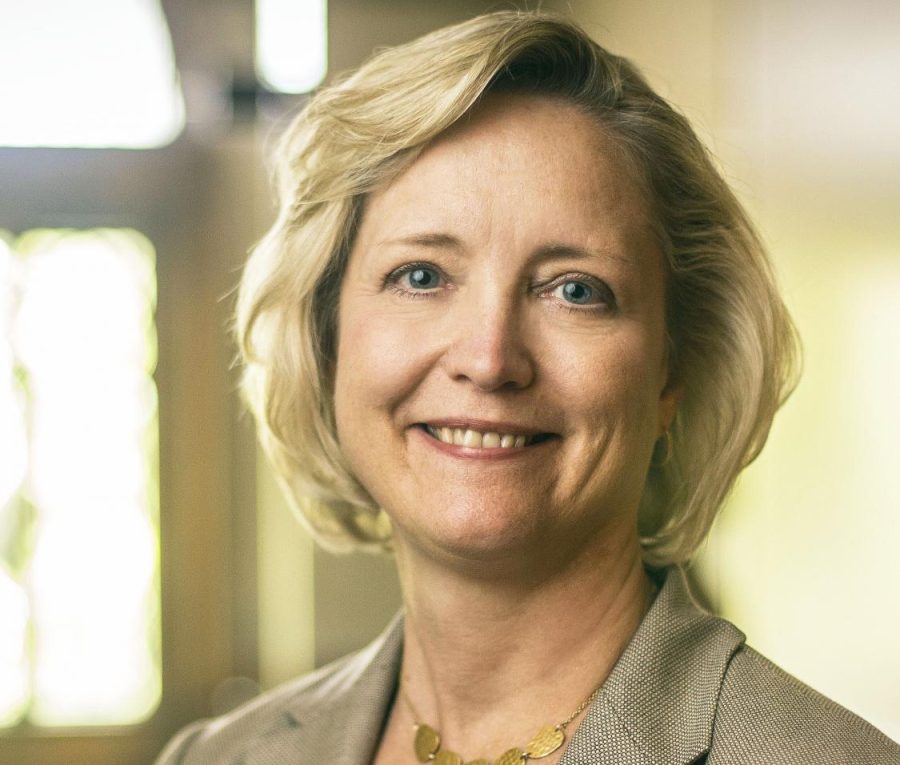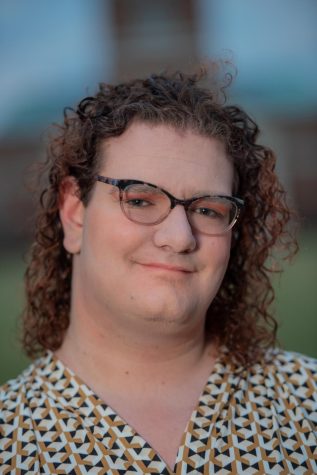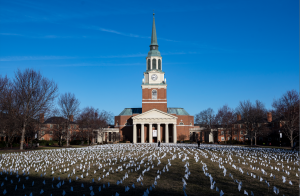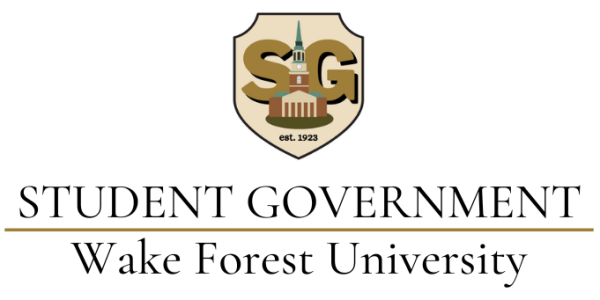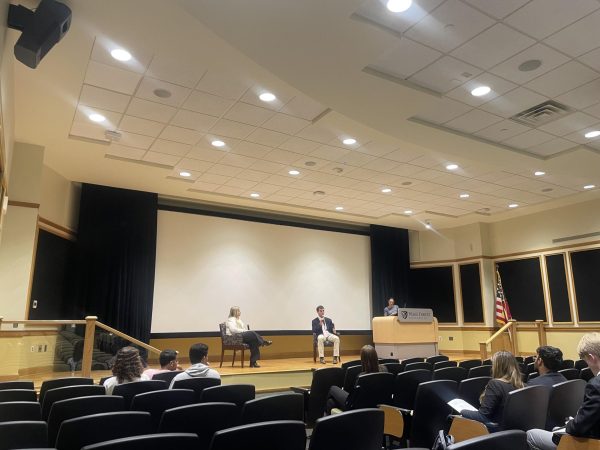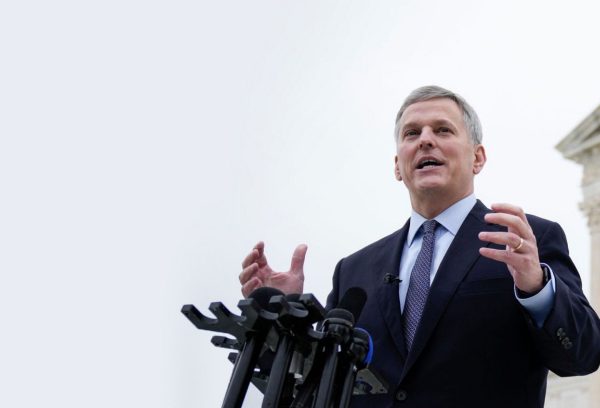Deacon Profile: Susan Wente
February 4, 2021
Susan Wente will become the 14th president of Wake Forest on July 1. She is currently serving as provost and vice-chancellor at Vanderbilt University. Between August 2019 and June 2020, she served as Vanderbilt’s interim chancellor. She received her Ph.D. in biochemistry from the University of California Berkeley. She will be the first woman to serve as president of Wake Forest.
What’s your message to our student body?
I am truly looking forward to meeting students and learning more about the excellent work you are doing in classrooms, labs and studios; on the playing fields and with the broader community.
I believe in the combination of scholarship, research and creative expression. Through those three elements, we learn how to interpret and connect our society. The teacher-scholar model and the collegiate university model are very distinctive, and I believe we need to ensure these elements remain hallmarks of the Wake Forest student experience. Making bold decisions is also a trademark of Wake Forest, and I am excited about what bold steps we will make together for this university.
What first led you from the field of biology to academic administration? Can you describe your journey?
I love research and engaging in scientific discovery, but found I also enjoy collaborating, networking and organizing. When I joined the Vanderbilt University School of Medicine to chair the Department of Cell and Developmental Biology, I continued running a lab and mentoring students and expanded my scope to also recruiting and mentoring faculty. When I realized the enormous energy I felt from building and creating environments to support others’ successes, serving as associate vice chancellor for research and senior associate dean for biomedical sciences and then provost was the logical next step.
What does being Wake Forest’s first female president mean to you?
I think what has become very clear in recent years is the importance of representation. Much of my work has been toward building inclusive and equitable environments for people to thrive. At Vanderbilt, I was the first woman to serve as provost, and I think that opened doors for our institution to grow in new ways. I hope that my leadership and representation at Wake Forest will provide more opportunities for others and encourage women and underrepresented groups to see themselves in similar roles.
In a time of great division and inequality, what steps are you committed to taking to ensure all Wake Forest students are given the same opportunities to succeed?
I believe in the power of education and the power of opportunity, and to harness that power, I created the Office of Inclusive Excellence at Vanderbilt to focus on equity. Throughout the interview process for the presidency, I heard from the Search Committee that Wake Forest wants to be a national voice on issues of leadership and character. They wanted to focus on embracing civility and meaningful discourse, as well as equity and opportunity for all. Those aspirations for Wake Forest reflect what I also embrace. I will continue to be a strong advocate for equity, diversity and inclusion, and to achieve those ends, I am going to work to provide the needed support for our students to thrive. Together, we can keep the momentum going.
Do you feel that your experience with biology makes you uniquely qualified to handle the university’s COVID-19 response, and if so, what do you have in mind?
I am evidence-driven and especially in the COVID-19 response, I think that data is critical to making decisions. This also requires taking lots of disparate information, including most critically listening to experts and soliciting input so that we can distill the issues and craft action plans.
But what has sustained our successful efforts at Vanderbilt has been the commitment of the entire community to reducing the spread of the virus and to continuing the university’s mission of education, research and discovery. For universities and for society, it is a time of change and of challenge. I have been impressed with the resilience, creativity and careful planning that are also at the heart of Wake Forest’s response.
During his time as president, Dr. Hatch has been known for his emphasis on leadership and character. What do you value most?
Wake Forest is a special institution, committed to excellence with a tremendous ability to develop leaders of great integrity for our world. I am very impressed by and applaud Dr. Hatch’s investment in leadership and character as a signature element of the Wake Forest mission and it is fitting given the commitment I have seen to our motto, Pro Humanitate. As I mentioned in my message to the Wake Forest community, I am committed to simple but profound guiding principles: trust, transparency and teamwork. I believe that through trust, transparency and teamwork, our cohesive community will make bold decisions together that will shape our pathway forward.
Can you comment on the legacy of your predecessor, Dr. Hatch, and how you hope to build on his accomplishments and build your legacy?
I have the utmost respect for President Nathan Hatch, and I admire how he has guided Wake Forest through many challenges and transitions. His leadership will be important during these next months of his tenure. I know that we can now build on the strong foundation that exists and write the next exciting chapter of the University’s story through the partnership and teamwork of our outstanding faculty, staff, students and alumni. Wake Forest has a history of taking bold steps as a leader in higher education. We will have the unique opportunity to envision what the next bold steps forward will be, and in doing so I believe Wake Forest can be a transformational force for good in our world. This is tremendously exciting.
Editorial Note: This interview has been edited for clarity and brevity.


